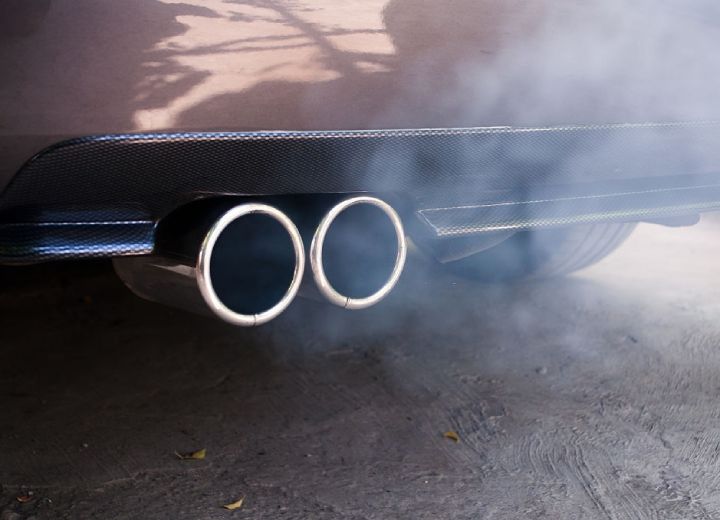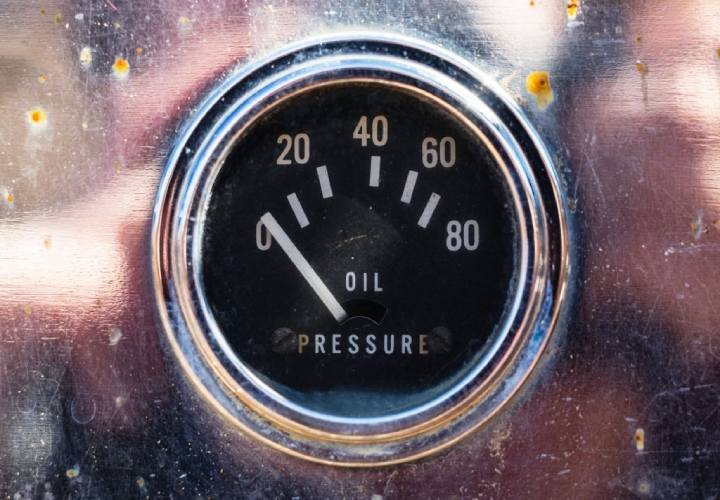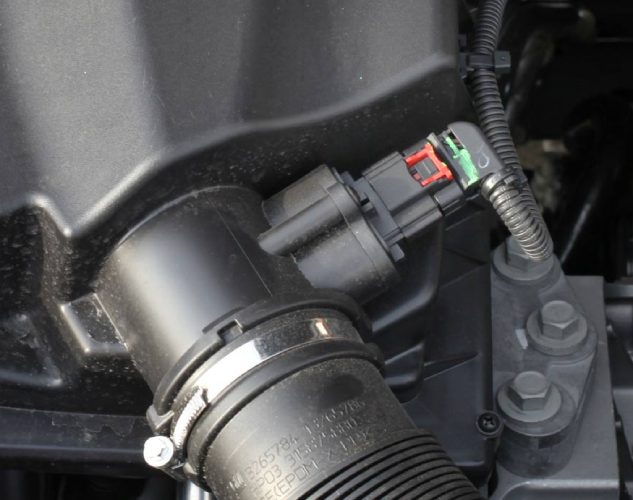The debate about whether to apply lubricant to spark plugs or not has been on for decades. Some mechanics are for it, while others are against it. The truth is that there is no definite answer.
Most reputable spark plug manufacturers and renowned brands such as NGK, Bosch, Denso, and AC Delco advise against using any form of lube on spark plugs. Their advisory statement is that they use trivalent plating and other anti-seize compounds.
That makes the use of lubricants unnecessary. Read on for detailed information about spark plug lubrication, including what and what you should not do.
Should You Lube Spark Plugs?
As mentioned in the introduction, lubricating spark plugs depend on the spark plug type. Some manufacturers are clear about applying any lubricants on the spark plugs during the installation.

Changing your spark plugs was a challenging task decades ago. The spark plugs manufactured those days could bond to the cylinder head due to galvanic corrosion. That made spark plug removal a daunting task for the mechanics and was the genesis of spark plug lubrication during installation.
Lubricating spark plugs during installation reduces galling and galvanic corrosion. However, that is not necessary in these modern days. Spark plug manufacturers use zinc or nickel plating to improve corrosion resistance and act as anti-galling.
Adding lubricants or anti-seize to modern spark plugs can alter torque value by up to 20%. That increases the risk of spark plug thread breakage and metal shell stretch. The thread breakage requires costly repairs, which involve the removal of the cylinder head.
On the other hand, metal shell stretch alters the recommended spark plug heat rating and can cause engine damage from pre-ignition. In summary, you should not lube spark plugs unless the manufacturer advises otherwise. It is unnecessary in most cases and can be detrimental!
Related content: Are Autolite Spark Plugs Good? Everything You Need To Know
What Kind of Lubricant Do You Need for Spark Plugs?
Most spark plugs do not require lubrication when installed on the car. But if the manufacturer recommended using a lubricant, consider dielectric grease or lithium grease.
Those substances are formulated to insulate and lubricate spark plugs. They protect electrical connections and systems from corrosion and property alteration by water.
The appropriate lubricant for your spark plugs allows them to slide into their ceramic sockets and protect them against foreign materials. These include dust and moisture that causes corrosion and premature component failure.
Where Do You Lube a Spark Plug?
You don’t just apply lubricant on any part of the spark plug. For instance, dielectric grease is a lube that also acts as an insulator. Incorrect use will cause problems such as hard starts. Apply lube only on the inside of the spark plug boot and the ceramic part of the spark plug connection. Ensure only to use a thin coat.
When applying a lubricant to your spark plugs, ensure it does not come into contact with the metal terminals or spark plug threads. If it does, it will significantly increase electrical resistance, overheating of the wires, and even misfiring in some cases. Most spark plug lubricants should never be used at the distributor or coil end of the spark plug wires.
Also, never use spark plug lubricants on rubber seals, engine internals, or bolt or lug nuts that need threading compound.
Is It OK To Put WD40 on Spark Plugs?
The WD-40 has been proven effective in lubrication and is ideal for removing carbon residue. It is formulated to keep moisture from spark plugs and other surfaces. If your spark plugs are wet or you want to dispel water vapor from your ignition system, consider using this WD-40.
It is safe to spray spark plug wires with WD-40 to remove moisture. You can apply it inside and outside your distributor cup to expel vapor and solve the engine starting problem in humid weather conditions.
Overall, WD-40 repels water from spark plugs, distributors, alternators, and batteries. It is safe to use these components to prevent corrosion. You can also apply it to spark plugs to ease removal if they are visibly rusted.
Should I Put Dielectric Grease on Spark Plugs?
The short answer is no. You should only put dielectric grease on spark plugs if it is recommended by the spark plug manufacturers. Most manufacturers of modern-day spark plugs advise against adding lubricants or anti-seize compounds when installing spark plugs.
Dielectric grease is a lubricant and insulator with waterproof and fire-proof properties. This multipurpose substance prevents spark plugs from corrosion by external elements, thereby prolonging their service life.
Dielectric grease can keep off dust, sand, and dirt from sticking to the conductor. It also prevents conductors, including spark plug wires, from transmitting electrical current to other connection points. It is commonly used in high-power ignition systems to avoid arcing and electrifying your car.
However, it is not a requirement in the automotive industry as most spark plugs are already designed and manufactured to overcome the challenges solved by dielectric grease. It is not advisable to use dielectric grease with most modern spark plugs.
But if you have to use it, apply dielectric grease appropriately on the spark plugs. Do not use it on the electrical components, threads, and coil end.
Related content: Are NGK Spark Plugs Good? Everything You Need To Know
Can I Use White Lithium Grease on Spark Plugs?
Like dielectric grease, spark plug manufacturers do not advise car owners or mechanics to use lithium grease spark plugs. This substance has been widely used in lubricating automobile gears and aerosol fans.
Besides, lithium grease can repel moisture and enhance the conductance of connectors. Many people have used it on spark plug cables, threads, boots, and other applications. But that is no longer necessary since most spark plugs currently manufactured are designed to offer corrosion resistance against moisture and chemicals.
Hence, lithium grease is unnecessary on spark plugs unless otherwise advised by the manufacturer.
Closing Thoughts
The main takeaway from this topic is that in most cases, when you’re replacing your spark plugs, you do not need to use any lubricant. Dielectric grease is needed sometimes, but unless advised by the manufacturer, you don’t need to use it.
To ensure you are following the correct procedure, read the manufacturer instructions or have a professional do the task for you.
Brian is an auto technician who writes DIY repair articles and creates how-to videos for MechanicAsk. He focuses on common repairs like brakes, oil changes, and lighting. Brian draws on his 5 years of dealership experience to explain repairs in an easy-to-follow manner, even for novice do-it-yourselfers. His technical articles always include detailed tool lists, supply checklists, and visual guides.








